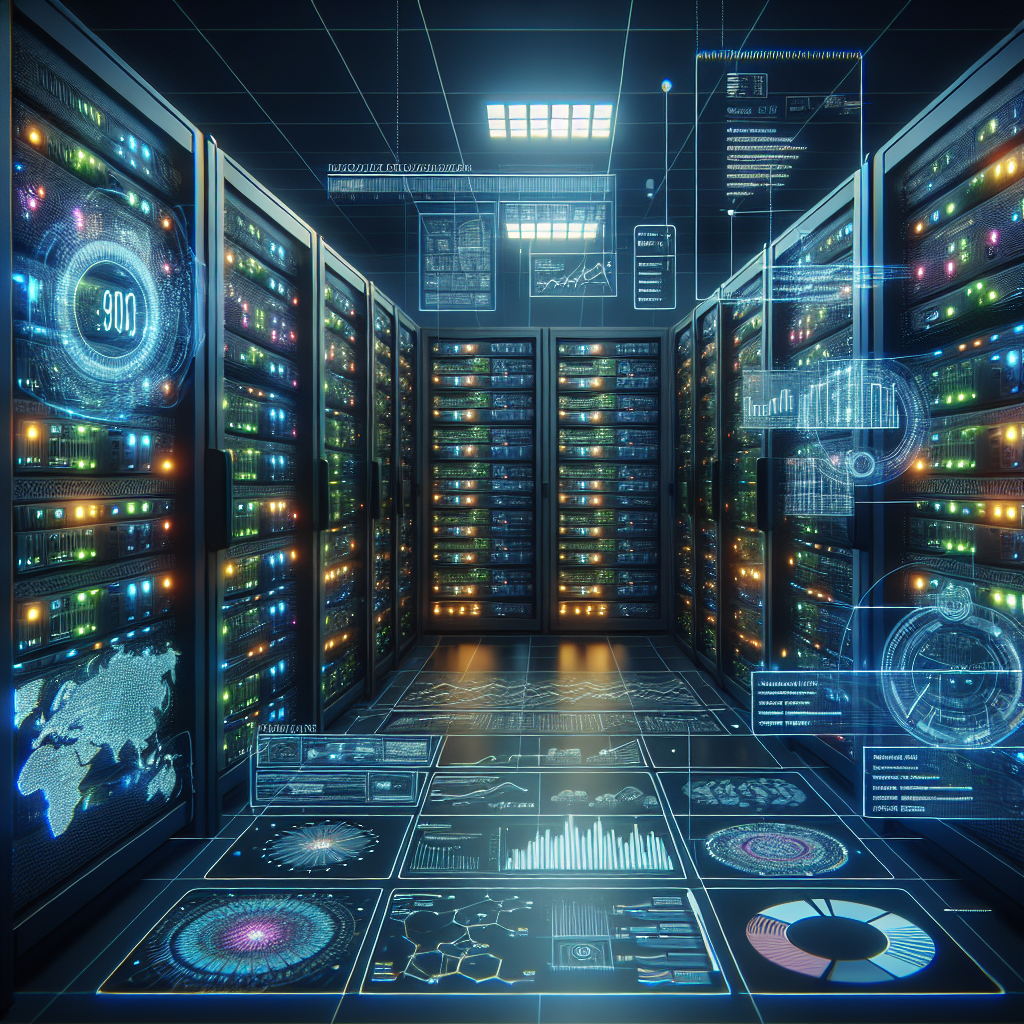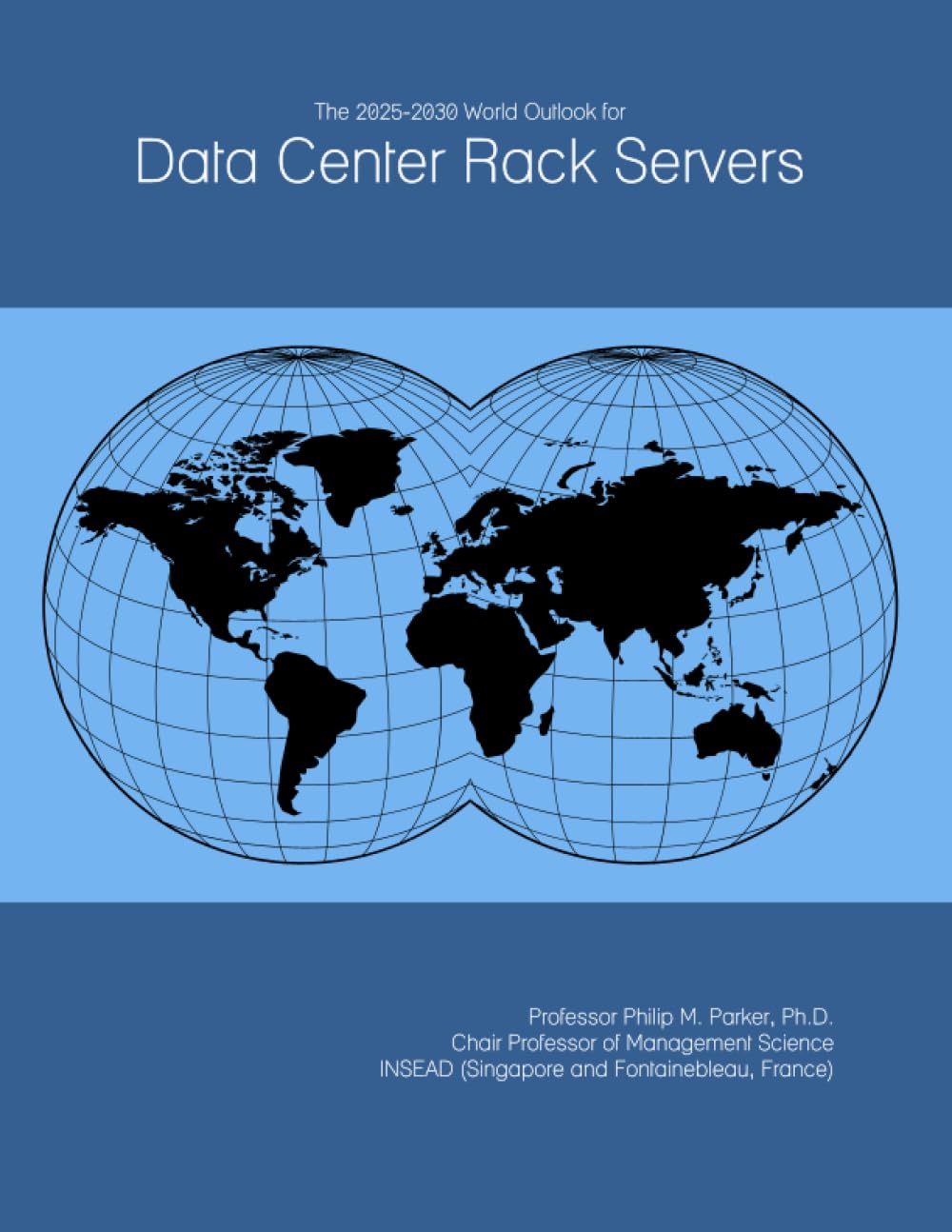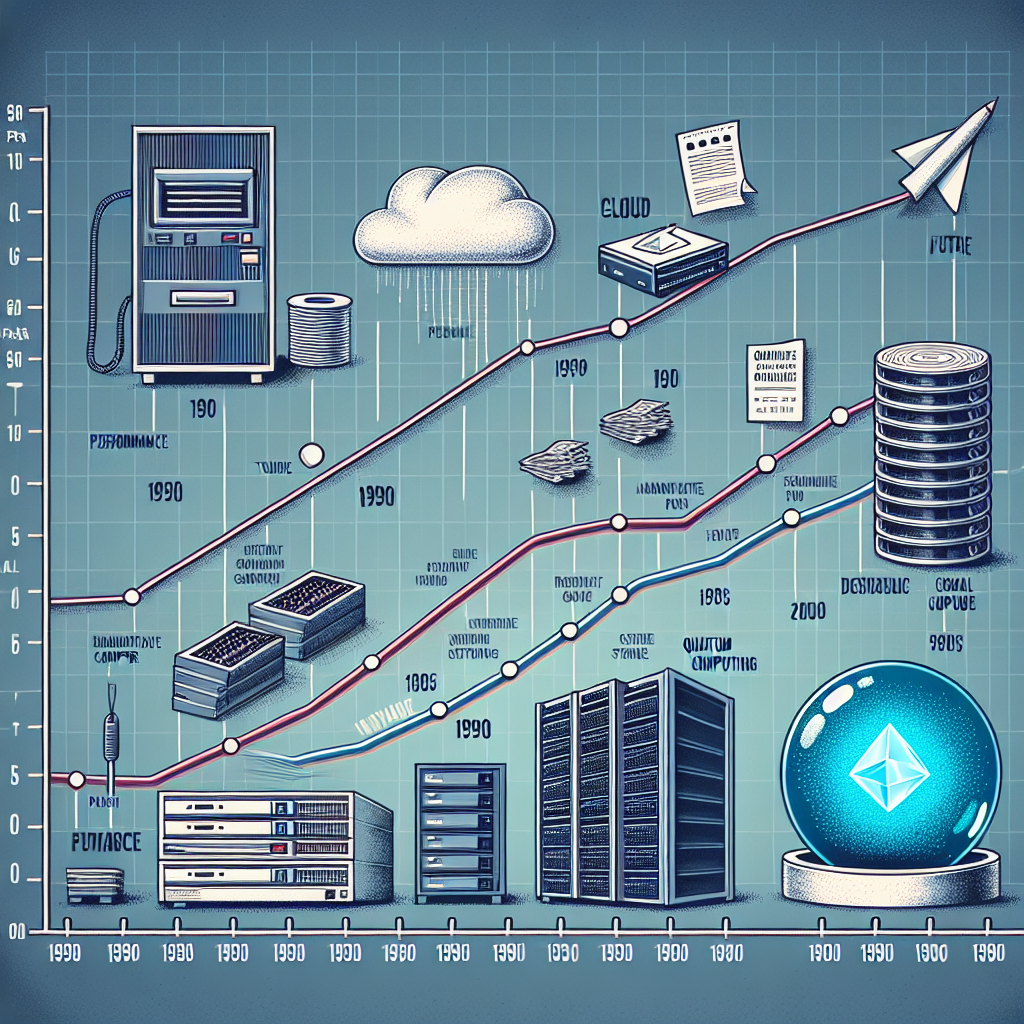Data centers are the backbone of the digital world, housing vast amounts of data that power everything from social media platforms to online shopping websites. Within these data centers, databases play a crucial role in organizing and storing this data efficiently. In recent years, there have been significant trends and advancements in data center databases that are shaping the future of how we manage and access information.
One of the key trends in data center databases is the move towards cloud-based solutions. Cloud databases offer scalability, flexibility, and cost-effectiveness compared to traditional on-premises solutions. Many organizations are opting for cloud databases to store and manage their data, allowing them to access it from anywhere in the world and easily scale their storage needs as their data grows.
Another trend in data center databases is the rise of NoSQL databases. NoSQL databases offer a more flexible and scalable alternative to traditional relational databases, making them ideal for handling large volumes of unstructured data. Many organizations are turning to NoSQL databases to power their big data analytics and machine learning initiatives, as they can easily store and query vast amounts of data in real-time.
In addition to cloud-based and NoSQL databases, another trend in data center databases is the increasing focus on security and compliance. With data breaches becoming more common, organizations are prioritizing data protection and ensuring that their databases meet stringent security standards. This includes implementing encryption, access controls, and regular security audits to safeguard sensitive data from cyber threats.
Looking towards the future, data center databases are expected to continue evolving to meet the demands of an increasingly data-driven world. One of the key areas of focus will be on improving data processing speeds and reducing latency, allowing organizations to access and analyze their data in real-time. This will be crucial for applications like IoT devices, autonomous vehicles, and real-time analytics, where milliseconds can make a significant difference.
Another future outlook for data center databases is the integration of artificial intelligence and machine learning capabilities. By incorporating AI into databases, organizations can automate routine tasks, identify patterns in data, and make intelligent predictions to drive business decisions. This will enable organizations to extract valuable insights from their data and stay ahead of the competition in the digital age.
In conclusion, data center databases are constantly evolving to meet the growing demands of an interconnected world. From cloud-based solutions to NoSQL databases and enhanced security measures, organizations are embracing new technologies to store and manage their data efficiently. Looking ahead, data center databases will continue to innovate and adapt to the changing landscape of technology, offering new possibilities for businesses to harness the power of their data.











